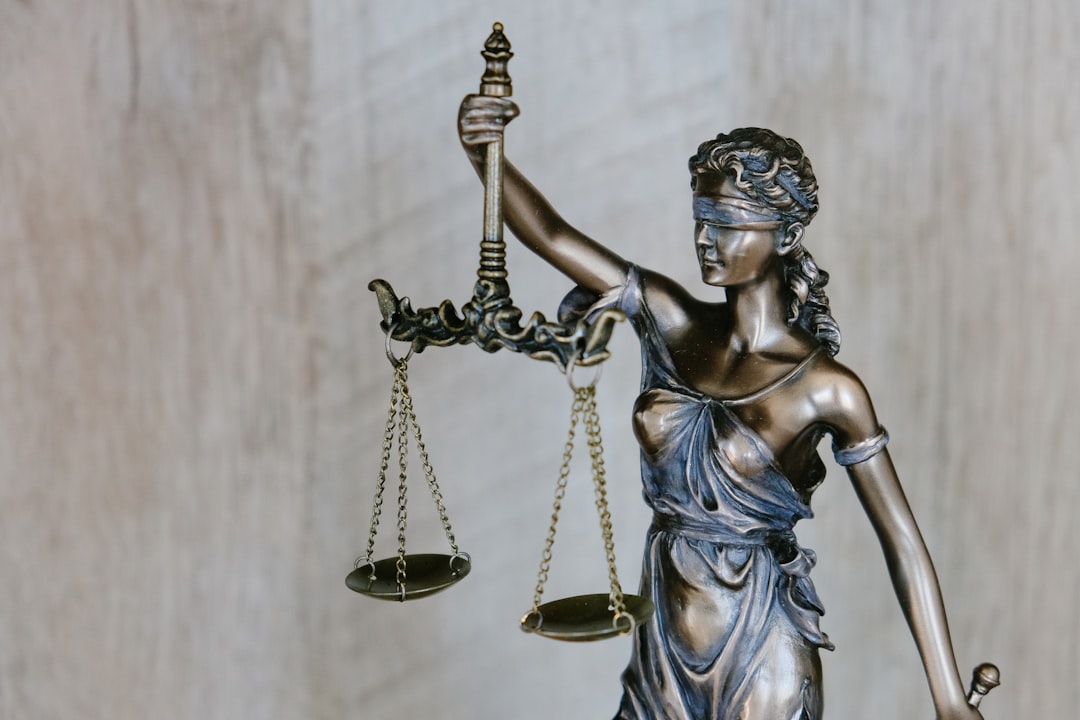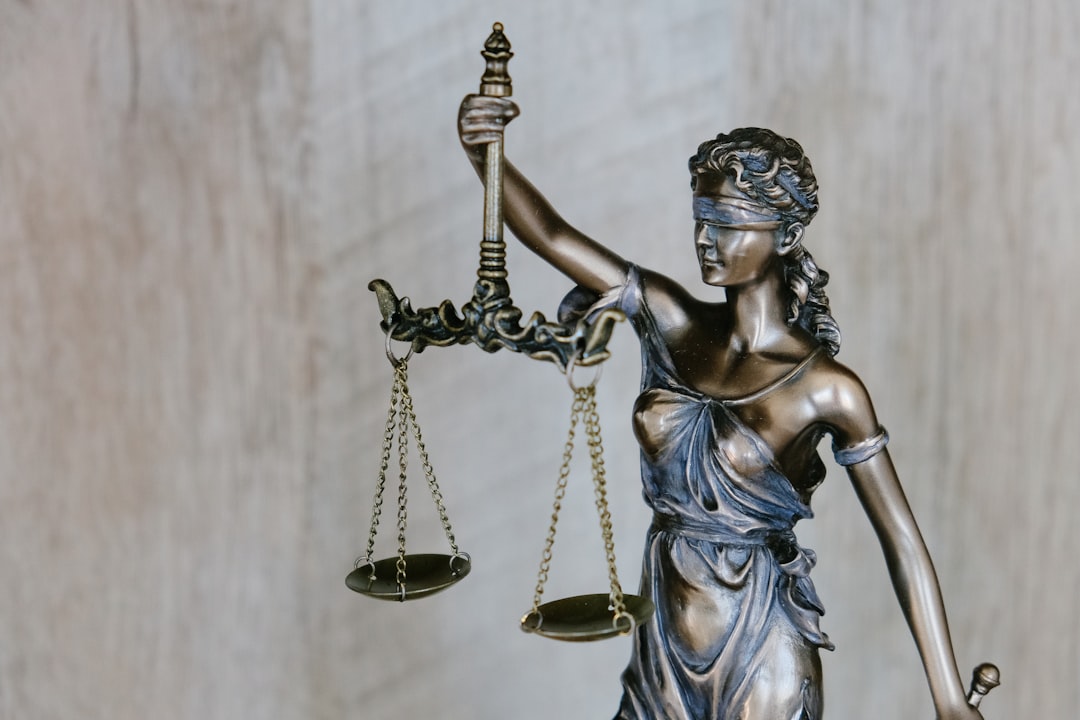Spam calls from telemarketers are a growing problem for Parkersburg, WV residents, causing annoyance and emotional distress due to frequent scams. The Telephone Consumer Protection Act (TCPA) offers legal protection, and consulting with a Do Not Call Lawyer West Virginia is advised. Residents can take proactive steps like blocking numbers, reporting calls to the FCC, using call-blocking apps, and registering for the National Do Not Call Registry. Local organizations and initiatives empower citizens through education and collaboration with legal professionals to combat unwanted phone spam effectively.
In today’s digital age, Parkersburg residents are increasingly plagued by spam calls, disrupting their daily lives. This article offers comprehensive guidance on tackling this nuisance. We explore the legal rights of West Virginia citizens against unwanted calls and provide practical tips for identifying and reporting spam sources effectively. Learn about tools designed to automate spam blocking and discover community resources dedicated to combating persistent spam calls, empowering you to reclaim your peace of mind with the help of a Do Not Call Lawyer in West Virginia.
Understanding Spam Calls and Their Impact on Parkersburg Residents

Spam calls, also known as unsolicited or unwanted telephone marketing calls, have become a persistent nuisance for Parkersburg residents. These calls often advertise products or services, and while some may be legitimate, many fall into the category of telemarketing scams. The impact on individuals can range from mere annoyance to significant emotional distress and financial loss.
In West Virginia, including Parkersburg, residents have expressed frustration with frequent spam calls, which can disrupt daily life and invade personal time. A Do Not Call Lawyer in West Virginia can help residents navigate their rights and legal options to block such calls effectively. Understanding the tactics used by telemarketers and knowing where to seek assistance are essential steps towards reclaiming control over one’s phone lines and ensuring a quieter, more peaceful home environment.
Legal Rights of West Virginia Citizens Against Unwanted Calls

In West Virginia, residents have legal rights against unwanted phone calls, including spam or telemarketing calls. According to the Telephone Consumer Protection Act (TCPA), businesses and individuals who make automated or prerecorded calls for telemarketing purposes must obtain prior express consent from recipients. If you are a Parkersburg resident receiving these nuisance calls, you have the right to take action.
Consulting with a Do Not Call Lawyer West Virginia can be beneficial as they specialize in navigating these legal protections. They can guide you on blocking and reporting spam calls effectively, ensuring your rights are upheld. It’s important to remember that you’re not obligated to answer or engage with unwanted calls, and taking proactive measures can significantly improve your phone experience.
Identifying and Reporting Spam Call Sources Effectively

In today’s digital age, spam calls have become a persistent nuisance for Parkersburg residents, but there are effective strategies to combat them. Identifying spam call sources is the first step towards putting an end to unwanted interruptions. Residents are encouraged to take note of suspicious numbers and any recurring patterns. Many phone applications now offer features that allow users to block specific areas or numbers known for spam activity. One reliable method is to report these calls to the Federal Communications Commission (FCC). By logging complaints, the FCC can trace and penalize call centers responsible for making unsolicited calls, including those from Do Not Call Lawyer West Virginia.
Additionally, residents can utilize tools provided by phone service carriers to filter out spam calls at the network level, ensuring a safer calling environment. Staying proactive and informed about these reporting mechanisms is key to creating a quieter and more peaceful communication experience in Parkersburg.
Implementing Tools for Automated Spam Blocking in Parkersburg

In today’s digital era, automated spam blocking tools have become an invaluable asset for Parkersburg residents dealing with incessant phone calls. Implementing these technologies is a proactive step to curb unwanted calls, especially from persistent telemarketers and scam artists. One effective strategy is to utilize automated call-blocking apps that can identify and block numbers associated with spam activities. These apps learn and adapt based on user reports, continuously updating their database of known spammer numbers.
For added protection, Parkersburg residents are advised to consult with a Do Not Call Lawyer West Virginia. Legal experts in this field can guide individuals on registering with the National Do Not Call Registry, a federal list that restricts marketing calls from specific numbers. By combining technological solutions and legal measures, residents can create a robust defense against spam calls, ensuring a quieter and safer communication environment.
Community Efforts and Resources to Combat Persistent Spam Calls

In the fight against persistent spam calls, Parkersburg residents aren’t alone—a collective effort across the community is essential. Local organizations and initiatives play a crucial role in educating citizens on effective blocking strategies and available legal resources. Many neighborhood groups have formed to share information about Do Not Call laws, particularly those offered by West Virginia’s attorney general. These efforts aim to empower residents with knowledge, enabling them to take proactive measures against unwanted phone spam.
Community-driven resources include online forums, social media groups, and local workshops where residents can learn about the latest tactics to block spam calls. Additionally, collaborating with a Do Not Call Lawyer in West Virginia can provide tailored guidance and legal protections. Such professionals offer valuable insights into navigating the complexities of consumer protection laws, ensuring that Parkersburg residents have access to robust tools for dealing with persistent spam call issues.






